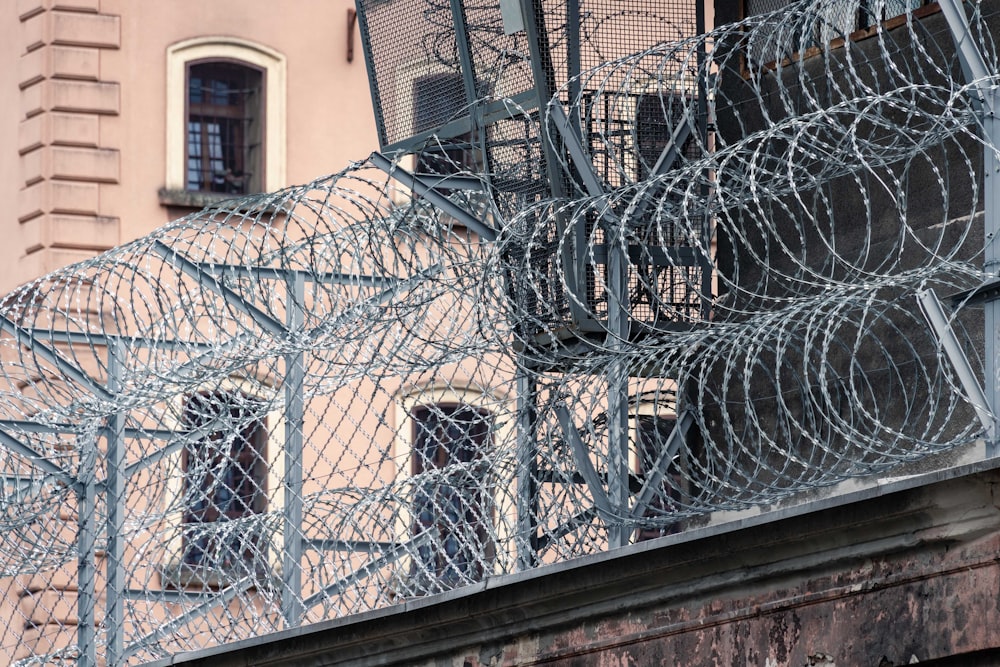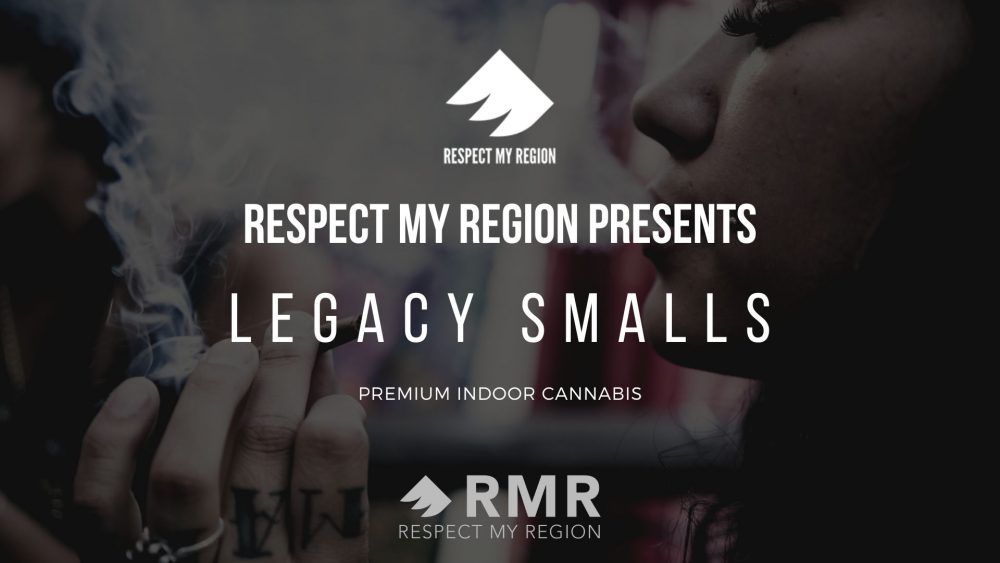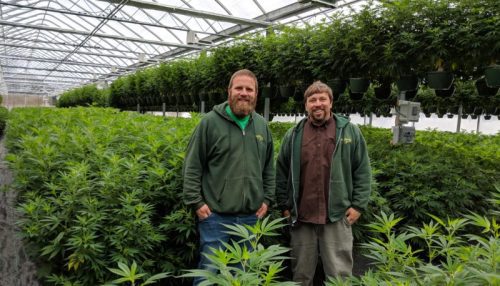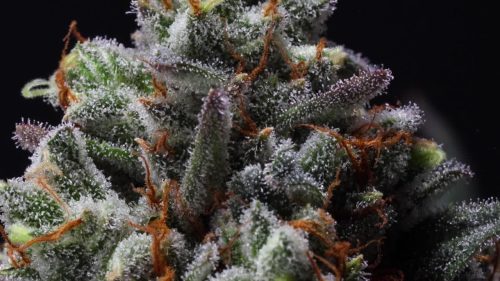Washington continues to make historic strides in the decriminalization of cannabis. New regulations expand the pool of cannabis license applicants and help those with past marijuana convictions engage in cannabis business.
Recreational cannabis sales have been legal in Washington since 2013, but not for everyone. As of October 2nd, a bill passed allowing eligibility for people with criminal records to obtain a license to participate in Washington’s cannabis industry. That includes felony criminal records or multiple misdemeanors.
In April, Washington legislators approved House Bill 1443, which provides resources for those with past cannabis convictions who are seeking to engage in cannabis-related business. Above all, it is the priority of Washington lawmakers to strengthen social equity within the state’s legal cannabis industry.

Photo by Pawel Czerwinski from Unsplash
“Regulators should not be creating undue barriers of entry for those seeking to participate in the legal adult use marketplace. This new rule will encourage more inclusiveness and diversity in Washington’s growing cannabis industry.”
NORML’s State Policies Manager Carly Wolf
A Brief Look Into Washington’s History with Cannabis
Most of Washington’s marijuana laws have been passed by initiative, rather than the state’s Legislature. Many residents of WA accept community use of cannabis and believe that cannabis prohibition is more harmful than helpful.
The campaign to end legal penalties for possession and use of weed and its byproducts started in the 1970s. Subsequently in 2012, Washington became one of the first two states to legalize adult recreational use of cannabis. As a result of hard work, the campaign has reduced criminal penalties, permitted medical use, and achieved legalization under state law over the years.
The campaign also lead to the passing of House Bill 1095. This bill requires a school district to develop and implement policies that allow a designated provider to administer a marijuana-infused product to their child while on school grounds. In short, it allows minor patients access to medical cannabis in a school setting.
More Content
THE RELATIONSHIP BETWEEN BACKWOODS AND HIP-HOP
TERPENES FOR ANXIETY: 3 TERPS IN CANNABIS WITH STRESS-RELIEVING PROPERTIES
RAPPER WEED: WHICH RAPPERS HAVE CANNABIS PRODUCTS IN THE MARKET? WHO ACTUALLY HAS THE FIRE?
18 COMPANIES THAT DON’T DRUG TEST THEIR EMPLOYEES FOR WEED
7 TIPS FOR MARKETING CANNABIS AND CBD ON TIKTOK AND INSTAGRAM








